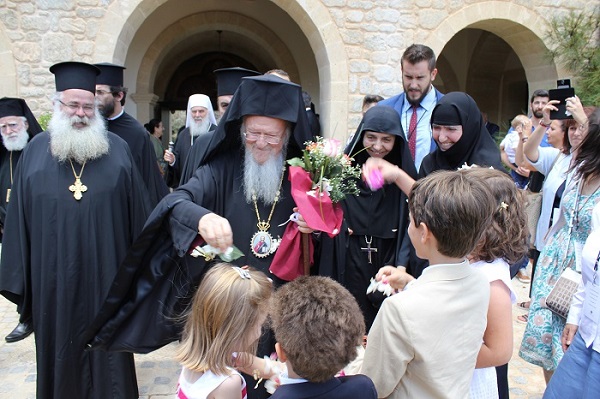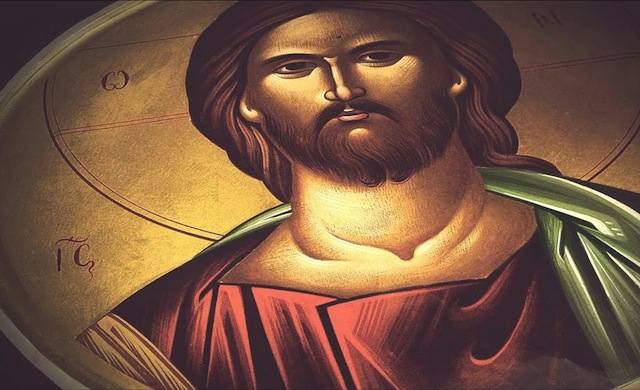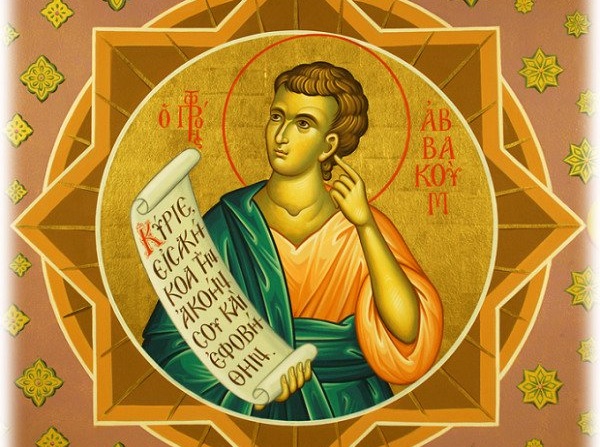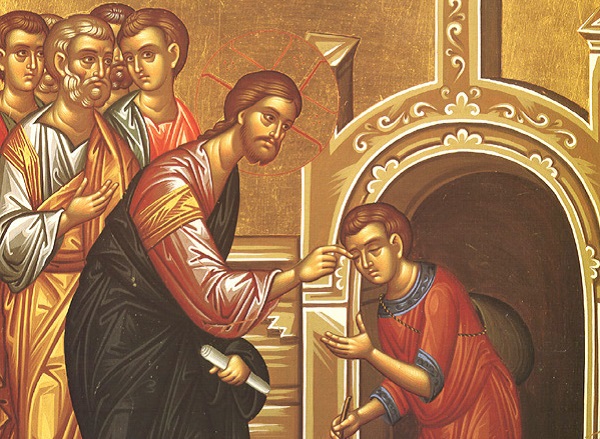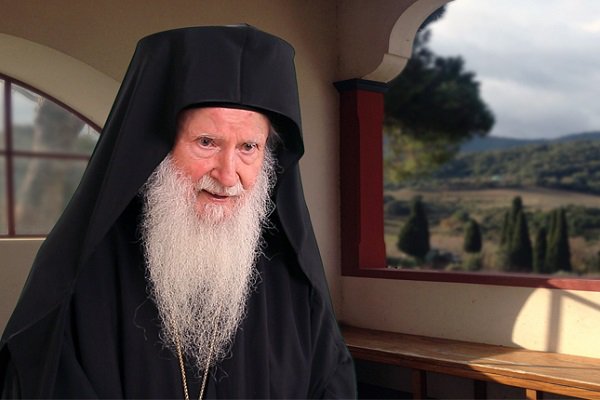
Rev. Father Nicolas along with the Parish Council of Saint Spyridon Church invite you to join them for the Feast of Saint Spyridon The Wonderworker Bishop of Tremithus, patron Saint of the St. Spyridon community of Washington Heights. Tuesday, December 11, 2018 7:00 pm Great Vespers celebrated by His Eminence, Archbishop Demetrios, Geron of America Immediately following Services, The Ladies Philoptochos will be offering refreshments at the St. Spyridon Church Banquet Hall. Wednesday, December 12, 2018 9:00 am Orthos – 10:15 am Divine Liturgy Hierarchal Divine Liturgy presided by His Grace, Bishop Apostolos of Medeia Immediately following services, The Ladies Philoptochos will be hosting a luncheon at the St. Spyridon Church Banquet Hall. 124 Wadsworth Avenue – New York, NY 10033 Donation $30.00 Please make your reservations by calling: Elizabeth Katechis 718-514-4853 Maria Konnari 212-928-0343 Complimentary Valet Parking ...



